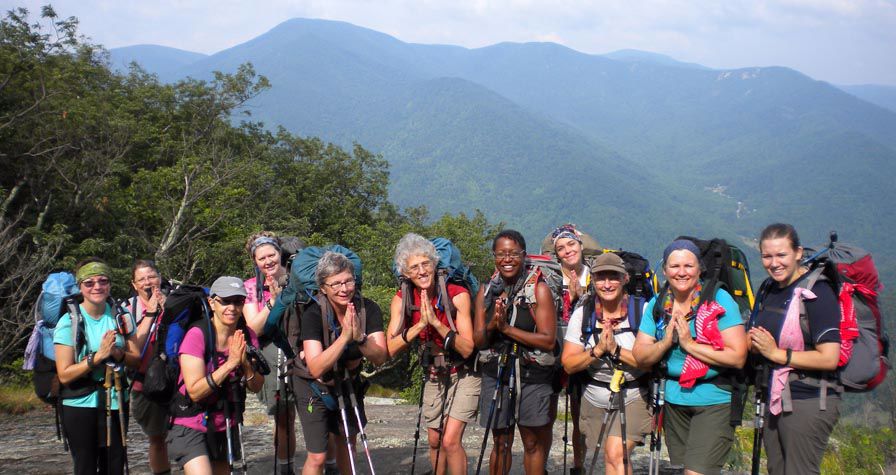Responsible travel is travel that has a positive impact on the places we visit, in environmental, cultural, social and economic spheres. In addition, it's an approach to travel that seeks to minimize negative impact on those places. Here are 10 ways you can practice responsible travel (and still have fun on your vacation!)
- Look for alternatives to single use plastics.

Plastic has become so widespread because it's so useful. However it is also completely non-biodegradable. While recycling is an alternative to putting it in landfills in developed countries, adequate facilities don't exist in most developing countries (and even the act of recycling uses large amounts of energy). The best approach is to reduce your use whenever possible, especially when the plastic is used once and discarded. For example, try to use durable water bottles, reusable food containers, etc. It's been exciting to see more and more airport supply water bottle refilling stations as part of drinking fountains. For more ideas about how to reduce plastic use, check out travelers Against Plastic (https://www.travelersagainstplastic.org/).
- Learn Leave No Trace principles appropriate for the areas you travel.
There are 7 main principles of LNT that you can read here: https://lnt.org/learn/7-principles. Some of them are pretty universal e.g. you're never going to leave a banana peel anywhere ever. Some are more specific to the area e.g. dispose of waste properly means one thing when you're at the ocean and another in the mountains. We always talk about the most relevant aspect of LNT on our trips; there are plenty of resources on the internet to research anywhere you might go.
- Find positive ways to interact with children
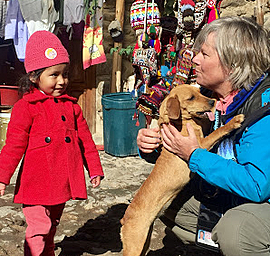
There are many reasons not to give anything to begging children (even though it's heartbreaking to see them) but it doesn't mean that you can't find fun ways to interact with them. One of my favorite ways is to bring bubble blowing toys and blow bubbles together. If you feel moved to do something that may improve their lives, consider donating to local organizations that work with kids and families.
- Practice appropriate tipping
The extent to which tipping is part of a culture varies widely around the world. There are many countries where the concept of tipping was unheard of until Americans, who are notoriously big tippers, started visiting. And for those of us who enjoy being generous tippers, it can feel stingy to tip less in countries where people have so much less. But the reality is that it sets up an unhealthy dynamic between tourists and local people, as anyone who has visited certain countries can attest to. It's too late to go back and change those places that have been affected, but it's not too late to learn what's appropriate in each place and stick with that.
- Always ask before you take pictures of people
That's just basic common courtesy - imagine if someone came up to you and started taking pictures without communicating with you about it. In some places you may be asked for money in exchange. It's OK to refuse or OK to accept, but it's never OK to take the picture anyway and then turn away.
- Look for locally made goods to bring home as souvenirs
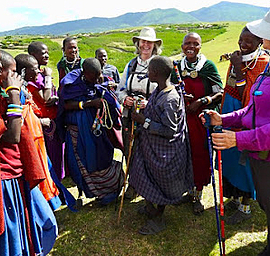
Buying locally made goods contributes more to the economy than simply supporting the person who sells you something made in another country. In some countries it may also encourage the preservation of traditional crafts and skills. For example weaving was a dying art in Peru until someone realized how much tourists value traditionally made items. In any case it's likely to leave you with more warm memories and feelings than the keychain with 'Made in China" stamped on the back.
- Practice your bargaining skills when that's appropriate
North Americans definitely are not used to bargaining and we worry that it makes us look greedy when we often have so much more than the person we bargain with. But not bargaining doesn't make us more respected - it makes us look dumb. Bargaining can be a really fun game once you get some experience, and a great way to interact with others. Don't be afraid to try.
- Look for locally owned hotels and restaurants that source locally
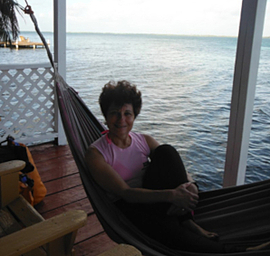
Large international hotels may be more knowledgeable and better able to tout more "green" practices, but the bottom line is that the profit never stays in the community. When you deal with locally owned hotels and restaurants, you're often contributing to the support of the family or community, not just giving a job to an employee.
- Be prepared to supplement special food needs
You may have specific dietary allergies or preferences that keep you from trying the local cuisine. Or what you eat may be very important to you. In either case, learn as much as you can about what food is available and make plans to supplement if needed, rather than expecting your needs can be met. There may even be places you should avoid going - e.g people who need lots of fresh fruit and veggies should likely take Greenland off their list.
- Choose tour companies that practice responsible travel and find out what that means
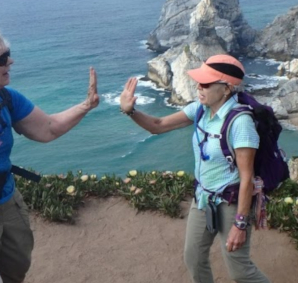
Responsible travel can mean different things to different companies and what you want is to find a company that matches your values. For example, at Adventures in Good Company we focus on how we can positively impact the lives of women in places we visit (for a complete overview, read this). Other companies may have different things they focus on or it may be more of a marketing thing than something they are committed to. Feel free to ask.

